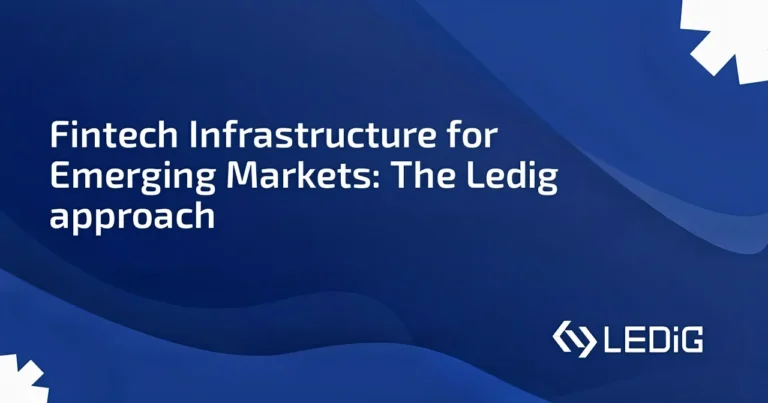5 strategies that will influence a fintech’s performance in 2025 and beyond

Opportunities abound in the African digital financial services industry. However, according to Juan Seco, chief growth officer at African fintech business Mukuru, this does not imply that fintechs can just appear and expand.
In a variety of markets, new and established fintech companies coexist. While next-generation financial services firms are innovating and venturing into the neobanking space, companies from other industries, including telcos, are creating fintech services. The best way to characterize the industry is as dynamic.
There are unquestionably important tendencies that promote sustainable growth throughout the continent, notwithstanding the variety of goods and strategies found there. In light of 2024 and the upcoming year, the following five tactics will significantly impact a fintech’s success in Africa.
Sustainable businesses focus on their customers.
In Africa, fintech is approached in two very different ways. On the one hand, there are companies with venture capital backing that aim for quick development and expansion, frequently fueled by substantial capital injections. These fintech companies imitate the “Silicon Valley-style” business strategy, which involves taking a proposition and quickly growing the number of customers. However, growing internationally is particularly difficult in Africa’s numerous markets due to their varied operating environments and legal frameworks.
However, a lot of companies in emerging market situations have adopted a new, natural, and customer-focused strategy for expansion. Essentially, the goal of this strategy is to create a long-lasting company that is sensitive to the needs of its target market. Sustainable fintechs typically base their product line on long-term unit economics and extremely particular client needs. Throughout its 20 years of business, Mukuru has favored this strategy.
An owned technology stack builds the agility needed for fragmented markets
The convergence of digital platforms has been a trend in recent years, and in 2024 in particular, as fintech companies aim to create a “hero product” before expanding their offers. It is a fantastic idea in theory, but there is never a one-size-fits-all answer because Africa offers a very different working environment.
As an example, a fintech could invest a significant amount of money in a particular area, like Nigeria, and see comparatively high levels of success due to the enormous customer base. But when it comes time to enter new markets, companies are frequently constrained by the continent’s extreme fragmentation. Reacting and iterating fast is the method to get around this.
A fintech that fully owns its own technological stack is in a far better position to accomplish this. When a fintech operates its own technology, it effectively owns its own future rather than relying on borrowed technology to run its solutions.
With its hand on the wheel, it may adjust and change as it sees fit, giving priority to the precise feature and functional sets that will lead to success in various markets. This skill enables fintech companies to develop a more comprehensive financial ecosystem that benefits businesses and consumers alike.
Remittances remain a potent entry point.
Remittances in Africa continue to be a potent means of establishing trusting relationships with clients and then expanding services for those clients. This is a nice continuation of the concept of creating a hero product and then innovating around it.
The sender and recipient establish a funded relationship through remittances. Using this financed relationship as a basis to develop a wider platform of financial services is a significant competitive advantage when taking into account the shift towards neobanking, which is, as we know, frequently considerably more appropriate than traditional banking for underserved communities.
Simplicity and transparency wins the day
Simple, straightforward solutions with appealing and understandable pricing structures are well received by the African market. Adoption is fueled by this. In Africa, trying to deceive customers with intricate cost structures and usage guidelines for items is the surefire way to fail.
You’re sitting on a winner if your solution is difficult to develop yet easy to implement. However, if your product is so complicated that customers are unable to understand how it functions or how utilizing it will benefit them, it is likely to fail miserably.
The next development driver is to empower the ecosystem.
A more dynamic digital economy is produced by vertical integration and the ability for retailers to accept digital payment methods. This calculated action encourages business adoption by utilizing an existing clientele and brand confidence. Businesses see the opportunity for expansion in embracing a digital product that is already widely used and trusted by consumers.
For sustained expansion, this is a sensible next step. The success of digital financial services depends on giving consumers places and use cases to spend their digital money instead of letting it sit in a bank account or be taken out as cash. In 2025 and beyond, this approach will play a major role in fostering sustainable growth in the digital financial services industry by empowering consumers, SMMEs, merchants, and others.







